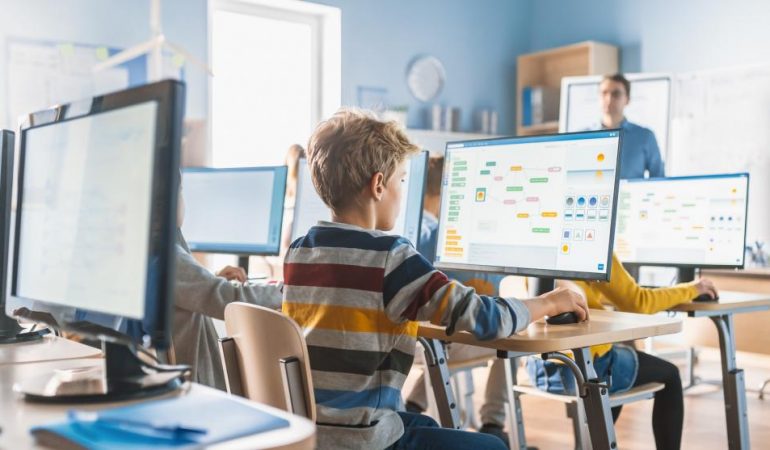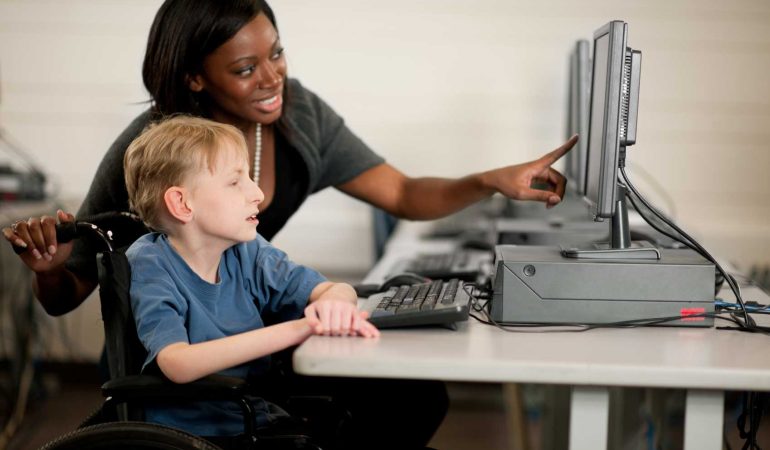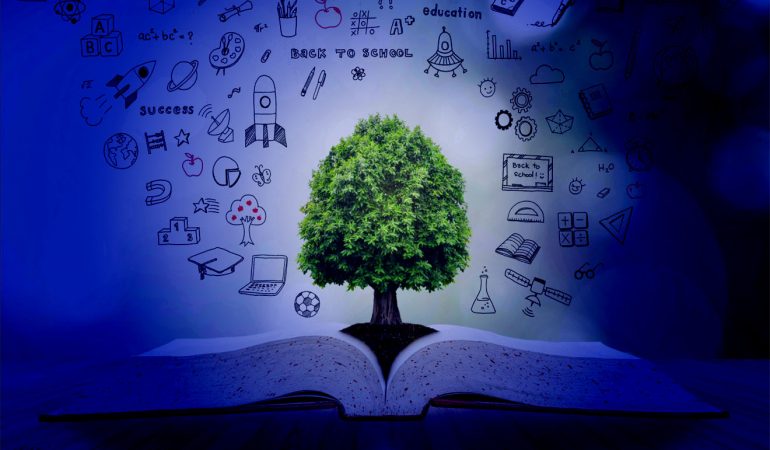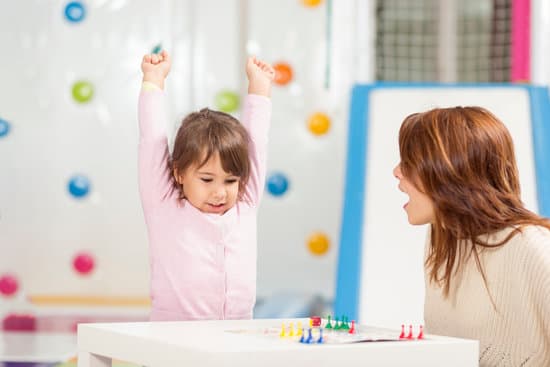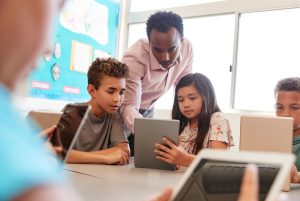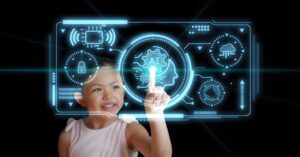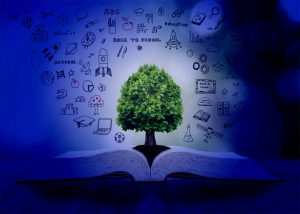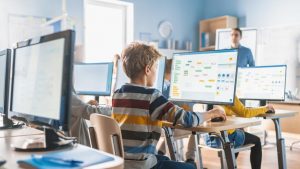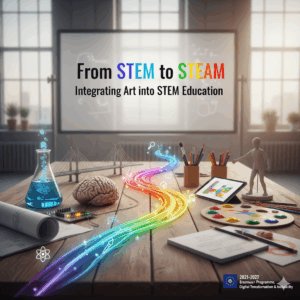Soft Skills for Strong Teachers and Positive Schools
The “Soft Skills for Strong Teachers” Erasmus Plus course aims to equip educators with essential “soft skills” to effectively communicate, enhance leadership abilities, and better support students in their educational journey.
This course provides participants with an interactive learning experience, enabling them to explore various tools and strategies to strengthen their teaching skills. It also fosters opportunities for experience sharing and collaboration among participants.
Course Objectives:
- Strengthening Communication Skills: Participants will work on different communication strategies, active listening techniques, and feedback methods to enhance their effective communication skills. This will aid in establishing better communication with students both inside and outside the classroom.
- Developing Leadership Skills: Participants will focus on leadership approaches, motivation strategies, and problem-solving techniques to enhance their abilities in guiding students. This will facilitate better classroom management and encourage student engagement.
- Empowering Student Support Systems: Participants will explore support strategies and methods tailored to different student profiles. This will enable the use of customized teaching methods to meet diverse student needs.
- Promoting Collaboration and Sharing: Participants will collaborate to enrich the learning environment through experience sharing and cooperation. International learning experiences will be facilitated through the exchange of cultural and pedagogical knowledge among teachers from different countries.



